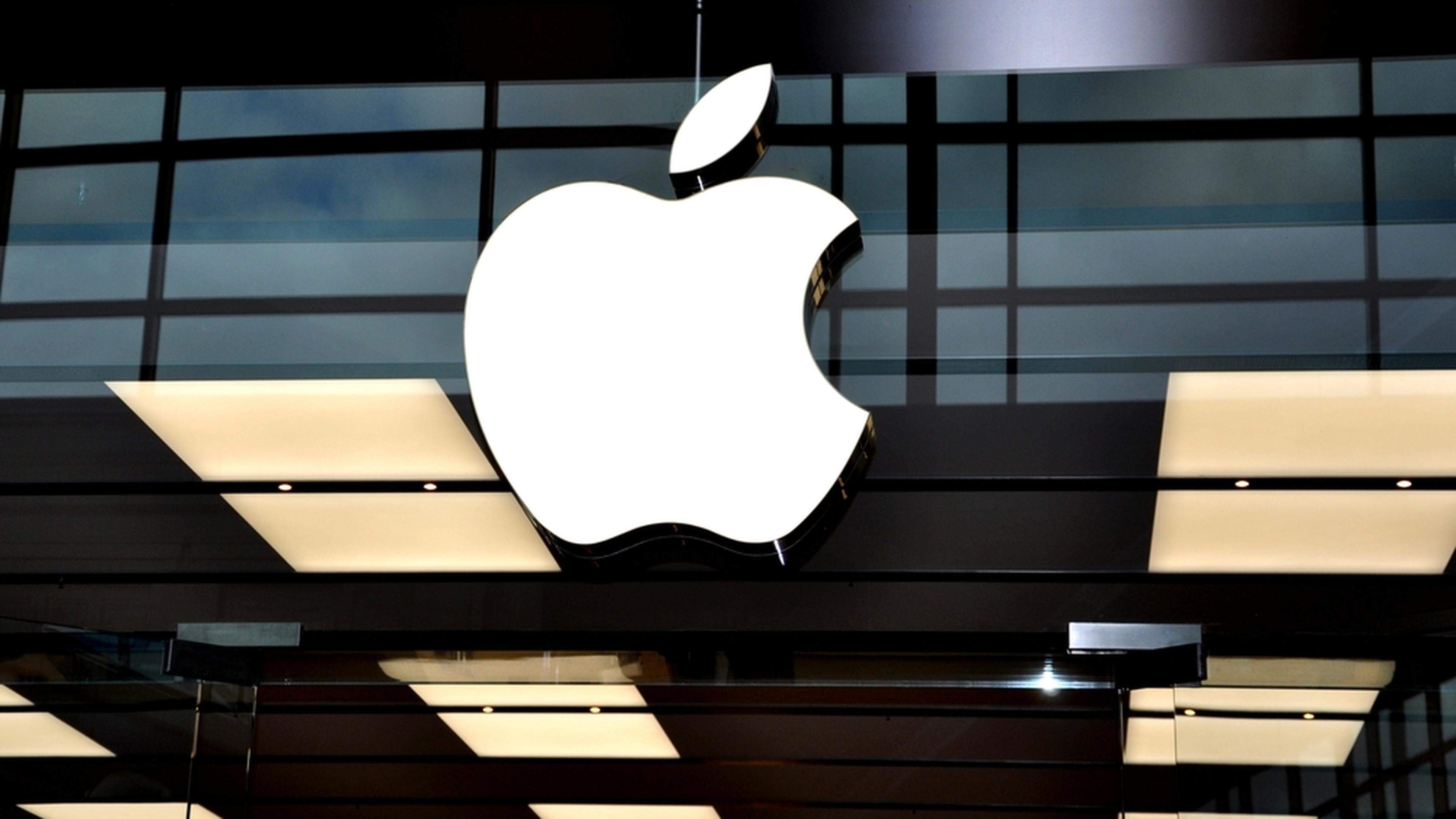Apple filed its appeal on Monday at the General Court of the European Union in Luxembourg, seeking to overturn the €500 million penalty imposed by the European Commission under the new Digital Markets Act. The April ruling found that Apple’s App Store policies barred developers from steering customers to cheaper payment methods outside the store, a move the Commission said violated the bloc’s digital competition rules.
The company described the fine as beyond what the law allows and said Brussels forced it to adopt business terms that confuse developers and harm users. Apple said it has already spent thousands of engineering hours and changed its policies dozens of times to comply. In its statement, the firm argued the Commission’s demands risk undermining user security and privacy by dictating how it must run its store.
In late June, just before the compliance deadline, Apple rolled out major updates for its European App Store. Developers can now integrate payment options directly within their apps and link to external websites without the previous warning screens. At the same time, Apple introduced a new fee model that applies a 5 percent “core technology commission” on purchases made outside the App Store, plus service fees ranging from 5 percent to 13 percent. Bloomberg estimates most developers will face an effective fee near 10 percent, down from the prior 30 percent rate.

Apple warned it could face daily fines of up to €50 million if it failed to meet EU requirements. The firm says it made the latest changes to avoid those sanctions and to show good faith. Meanwhile, the European Commission is assessing feedback from app makers to decide if the adjustments satisfy the Digital Markets Act or if further steps are needed.
The €500 million penalty marks the first major enforcement action under the Digital Markets Act, a law designed to rein in gatekeeper platforms and foster fairer competition. So far, EU regulators have fined Google more than $8 billion under other antitrust rules and ordered Apple to repay €13 billion in back taxes to Ireland in a separate case. The DMA empowers the Commission to impose hefty penalties and force structural or behavioral remedies on firms deemed too dominant.
Apple’s appeal underlines the clash between regulators and tech giants over the balance of oversight and innovation. Proponents of the DMA argue it levels the playing field for smaller developers and gives consumers access to lower‑cost options. Critics contend the law risks destabilizing established business models and creating security risks by opening closed ecosystems.
Personal Analysis
My view is that this case will set a critical precedent for how far regulators can go in reshaping platform economies. If the EU court upholds the fine, it could embolden Brussels to take tougher action against other gatekeepers. On the other hand, a ruling in Apple’s favor might force the Commission to recalibrate the DMA’s scope. Either outcome will reverberate across global markets and influence how digital platforms evolve.
Apple expects the court to hear arguments in the coming months and plans to press its case vigorously. The company says it will present evidence showing the Commission overstepped its authority and that the new rules do not improve consumer choice. Observers will watch closely to see if the General Court upholds the Commission’s power to dictate specific commercial terms.
Sources: Luxembourg Times

